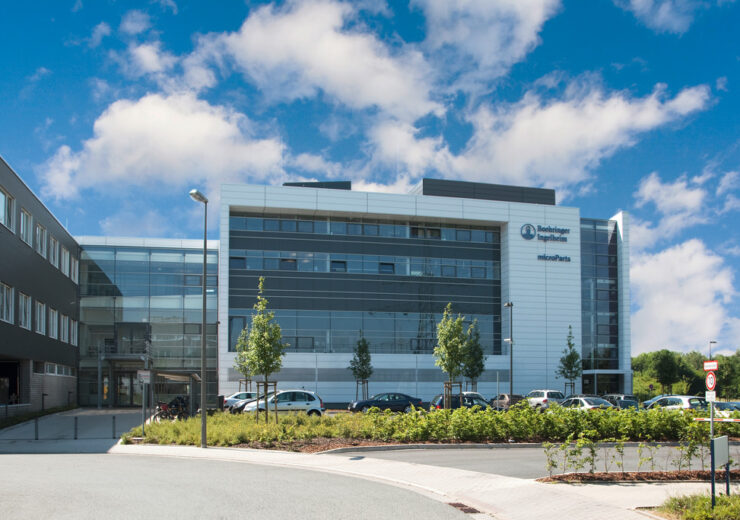Boehringer Ingelheim is seeking approval in the European Union for its IL-36R inhibitor in generalised pustular psoriasis based on the results of the 12-week EFFISAYIL 1 trial

CHMP adopts positive opinion for Boehringer Ingelheim's spesolimab. (Credit: Boehringer Ingelheim)
Boehringer Ingelheim said that the European Medicine Agency’s (EMA) Committee for Medicinal Products for Human Use (CHMP) has recommended the conditional market authorisation for spesolimab for the treatment of generalised pustular psoriasis (GPP) flares in adults.
Spesolimab has approvals in the US and Japan, where it is sold under the brand name SPEVIGO. It is a selective monoclonal antibody that prevents the activation of the interleukin-36 receptor (IL-36R), which is a signaling pathway within the immune system and known to have a role in the pathogenesis of generalised pustular psoriasis.
According to the EMA, generalised pustular psoriasis is a skin disorder that is characteristic of pus spots surrounded by areas of red skin.
Boehringer Ingelheim board of managing directors member, Carinne Brouillon, who is responsible for human pharma, said: “This positive recommendation recognizes spesolimab’s potential as a new targeted monoclonal antibody that could treat the underlying cause of GPP.
“The accelerated development of spesolimab underscores our continued commitment to develop faster and more novel treatments for people with high unmet medical needs.”
The positive opinion of CHMP on spesolimab has been driven by the findings of the EFFISAYIL 1 phase 2 clinical trial. In the 12-week trial, patients having a generalised pustular psoriasis flare were subjected to either the IL-36R inhibitor or placebo.
After one week of treatment, 54% of the spesolimab arm did not have any visible pustules compared to 6% in the placebo arm.
Adverse events were witnessed in 66% of the spesolimab arm and 56% of those subjected to placebo after one week.
Boehringer Ingelheim said that infections were reported by 17% in the investigational arm and 6% in the placebo arm, at week one.
